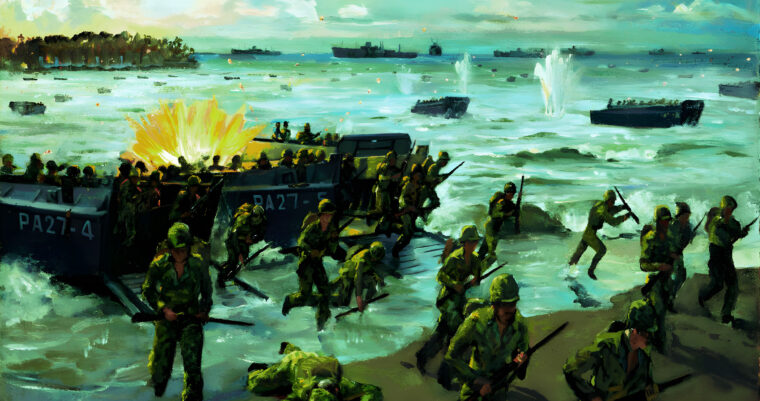
Latest Posts
The Battle of Saipan
By Al HemingwayPeering through his binoculars, Vice Adm. Chuichi Nagumo was in awe of the nearly 800 ships from Vice Adm. Read more
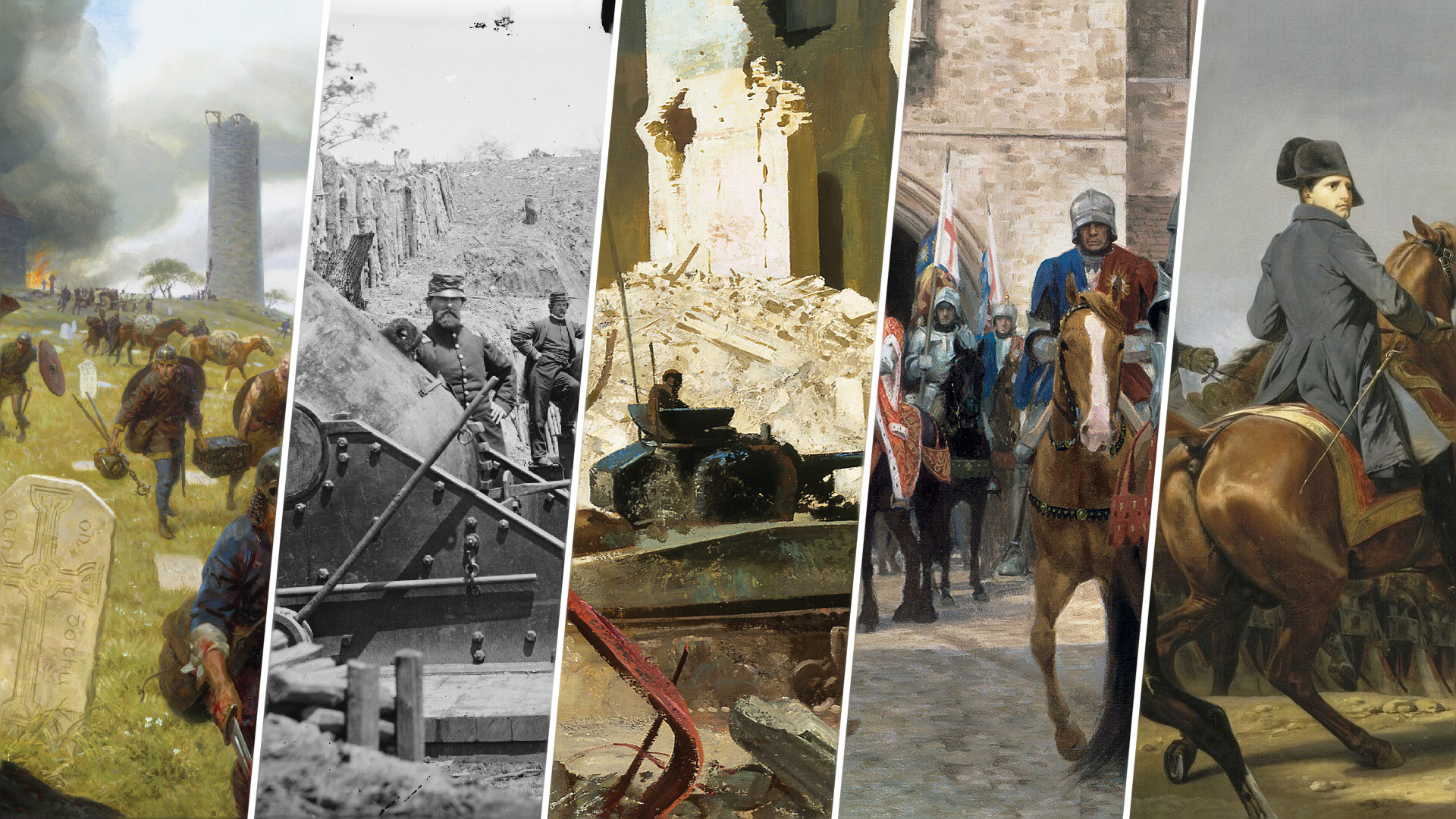

Latest Posts
Peering through his binoculars, Vice Adm. Chuichi Nagumo was in awe of the nearly 800 ships from Vice Adm. Read more
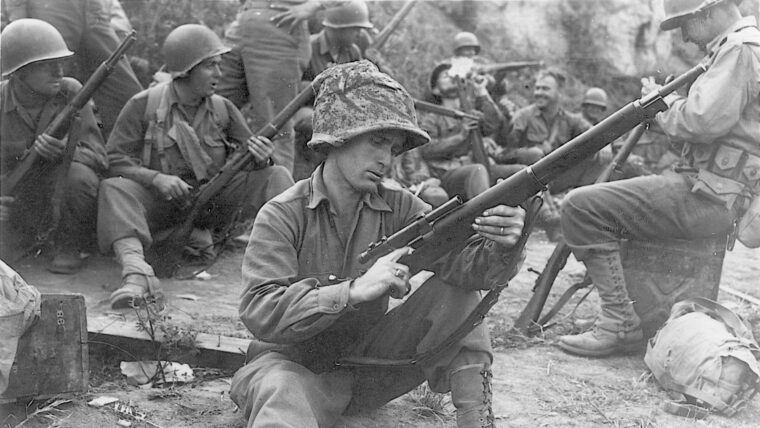
Latest Posts
The attempted crossing of the Rapido River in Italy by two infantry regiments of the U.S. 36th Division in January 1944 was one of the costliest failed attacks made by American forces during World War II. Read more
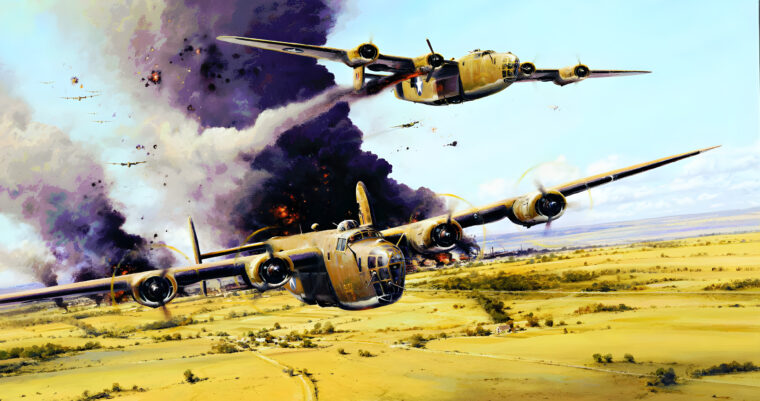
Latest Posts
If there was a name of a prospective target that caused Allied airmen in the European Theater of Operations to blanch in the fall of 1943 and the spring of 1944, it was Ploesti. Read more
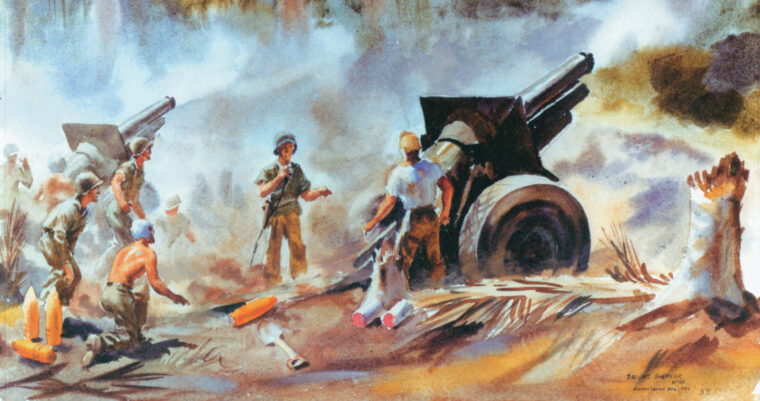
Latest Posts
Crouched in their foxholes along Edson’s Ridge on Guadalcanal in the Solomon Islands, the Marines formed a critical but thin defense line between strategic Henderson Field and seasoned Japanese infantry lurking in the jungle. Read more
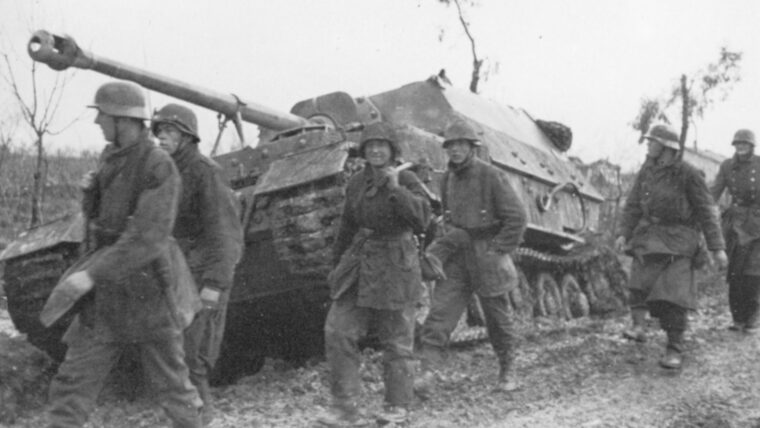
Latest Posts
World War II tanks usually had aggressive- or ferocious-sounding names, such as Hellcat, Panther, or Tiger. Yet the tendency was not universal, as with British Cruisers or the American M-3 Honey. Read more
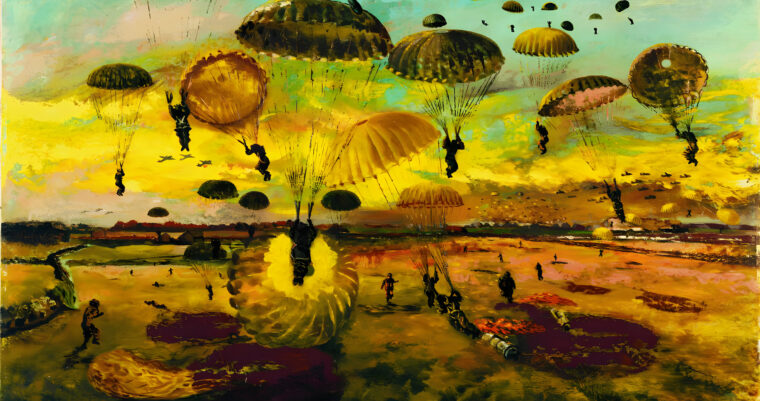
Latest Posts
Just boys facing danger, please God make them men; If they live through the danger, make them boys once again. —Sergeant Ginger Woodcock, June 5, 1944
On the morning of June 6, 1944, the greatest amphibious fleet in history bore in toward the coast of Normandy. Read more
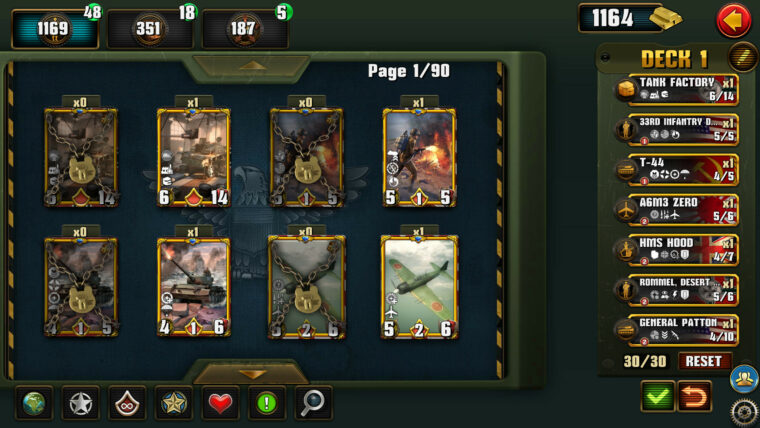
Latest Posts
It might seem strange to imagine collectible cards based on the events of World War II. The funny thing is, I’m sure they exist, encased in plastic in a few collectors’ binders across the world, each touting unique facts and feats performed by the historical figure on the front. Read more
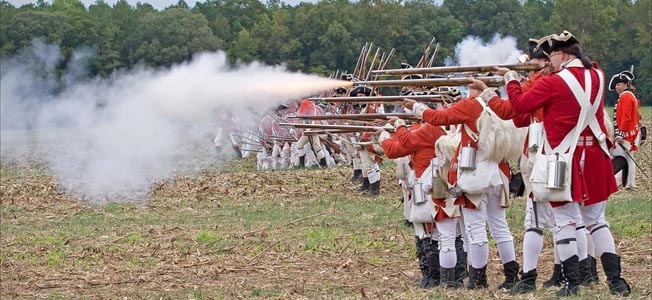
Latest Posts
The French advanced swiftly, with men yelling “Hurrah” and officers shouting encouragement. They knew the British were to the front, somewhere, although they could not see them yet, and they expected to roll over the enemy in an impetuous, distinctively Gallic tide. Read more
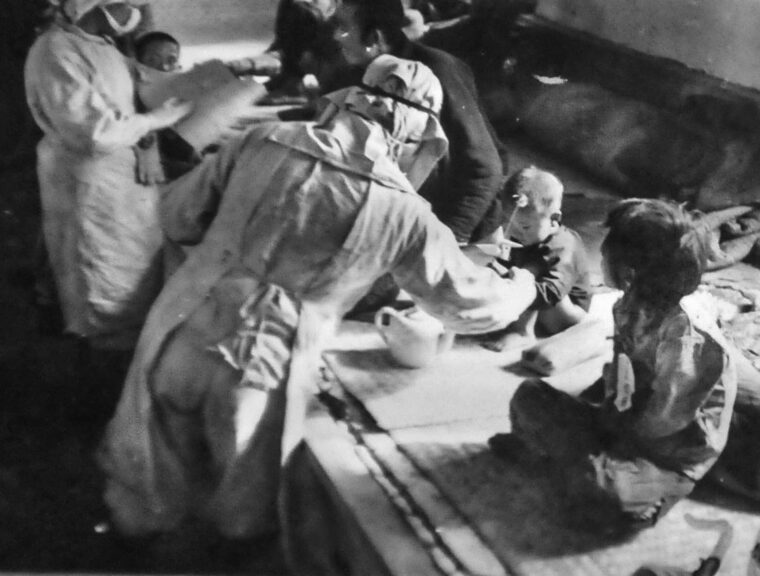
Latest Posts
Confronted with war, some men seem capable of assuming almost any evil. Such were the actions of General Shiro Ishii and the men of his Manchuko Unit 731, which developed means of biological warfare in the 1930s and ’40s. Read more
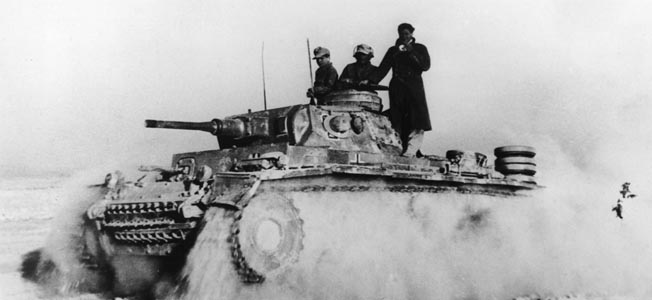
Latest Posts
On April 15, 1942, Generaloberst (Colonel General) Erwin Rommel summoned his subordinate commanders of the Panzerarmee Afrika to a conference to outline his plans for the coming offensive against the British Eighth Army. Read more
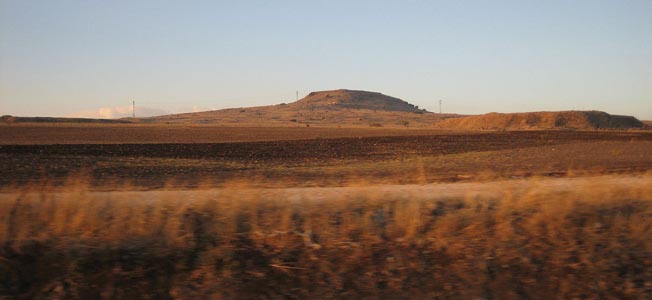
Latest Posts
The Saracen host commanded by Saladin—Sultan of Egypt and Damascus—crossed the Jordan River south of Lake Tiberius (the “Sea of Galilee”). Read more
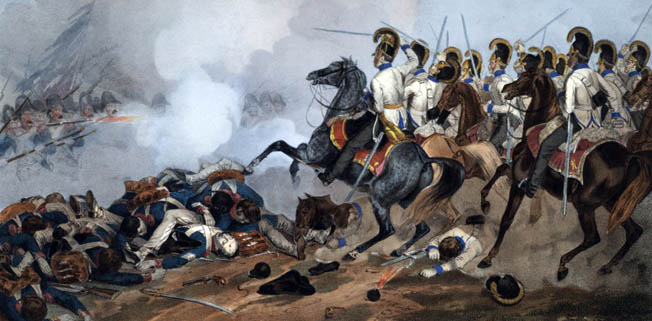
Latest Posts
[Editor’s note: The following are participant accounts—mainly those of Alfred Armand Robert Saint-Chamans—of Napoleon’s 1813 campaign in Germany ending in the decisive battle of Leipzig. Read more
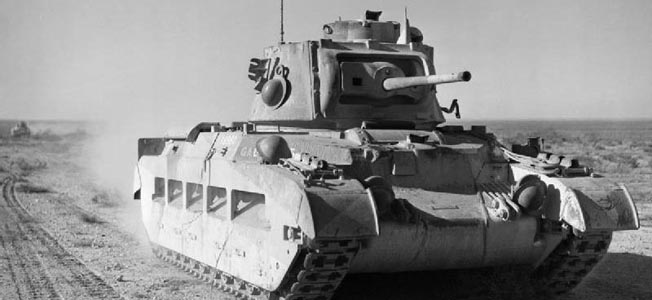
Latest Posts
The North African campaign has been aptly described as a “tactician’s paradise and quartermaster’s hell.” The contested area was large, stretching some 1,400 miles from Tripoli in the west to Alexandria in the east, a vast expanse of waterless desert wastes. Read more
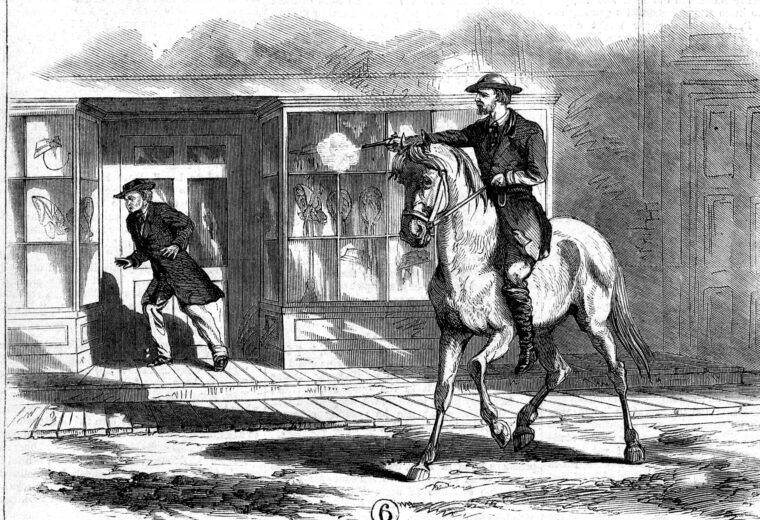
Latest Posts
The Civil War was fought out in the open on battlefields across the United States. But beginning in early 1864, the highest levels of the Confederate government decided that another, more clandestine war would be fought behind the lines in the North. Read more
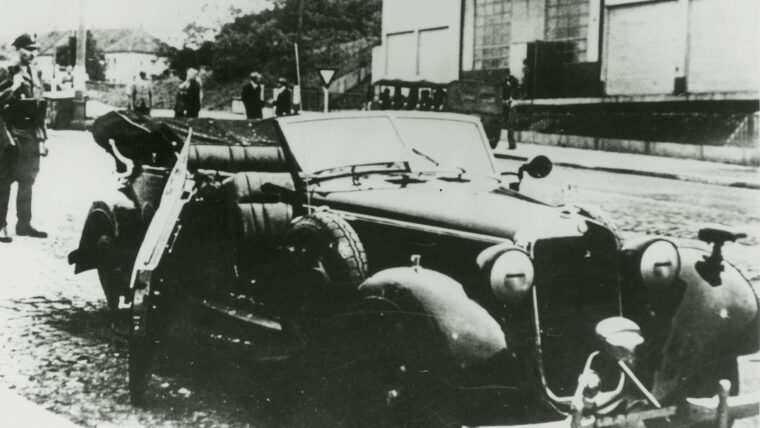
Latest Posts
The morning sun caressed the hills of the Czech capital of Prague, coaxing a slight haze from the ancient city. Read more
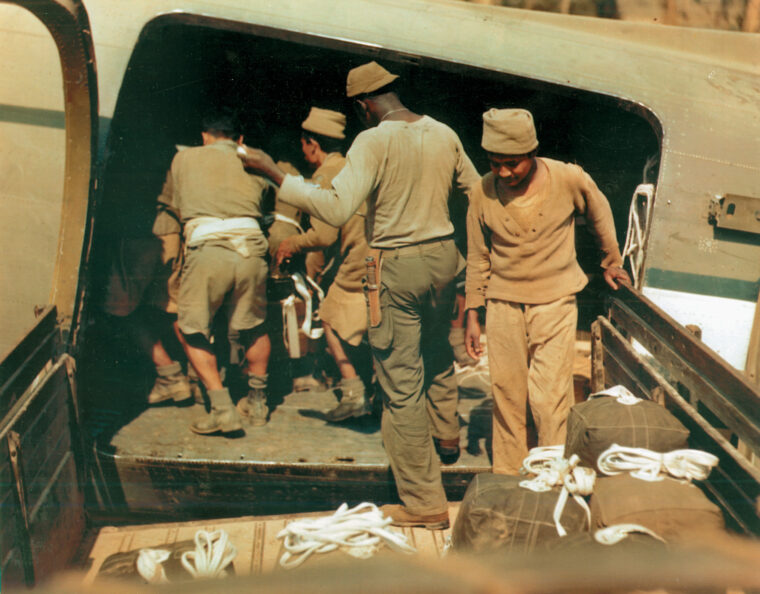
Latest Posts
Short, wiry, and with baleful blue eyes and an Old Testament beard, Maj. Gen. Orde Charles Wingate was unorthodox in thought and action. Read more
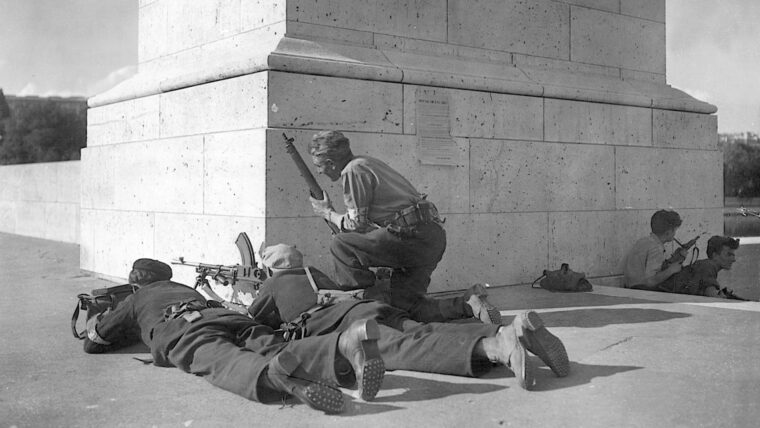
Latest Posts
On a moonless night in January 1944, in the Haute Savoie region of southeast France, the drone from the engine of a RAF bomber could be heard in the distance. Read more
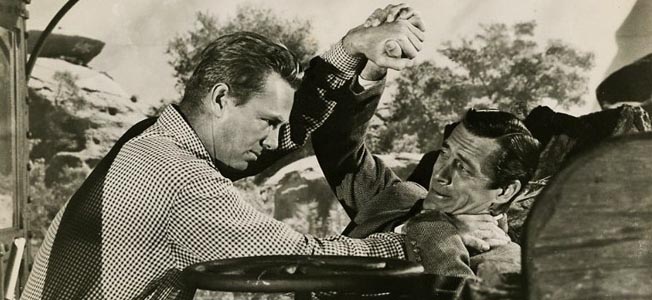
Latest Posts
He stood six foot five in his leather jumping boots and weighed close to two hundred and thirty pounds,” wrote the actor Sterling Hayden in his 1963 autobiography Wanderer. Read more
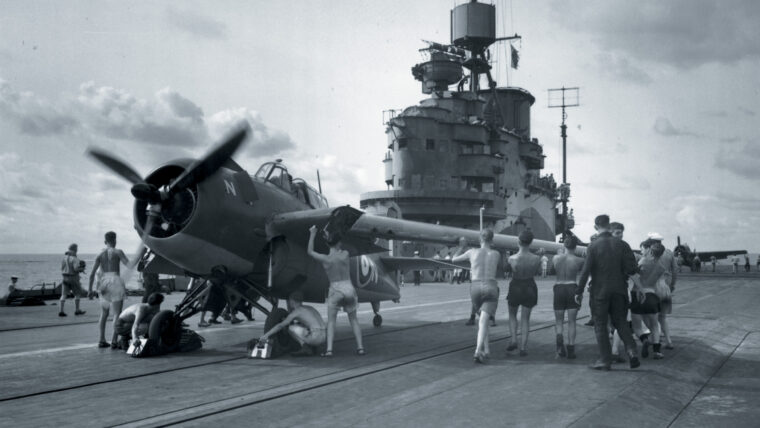
Latest Posts
When one thinks of carrier warfare in World War II, the Japanese and U.S. navies usually come to mind. Read more
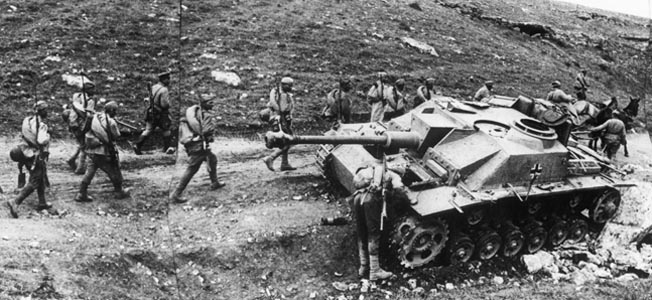
Latest Posts
On July 4, 1942, the men of newly promoted Field Marshal Erich von Manstein’s Eleventh Army celebrated the capture of the last Soviet bastion in the Crimea. Read more